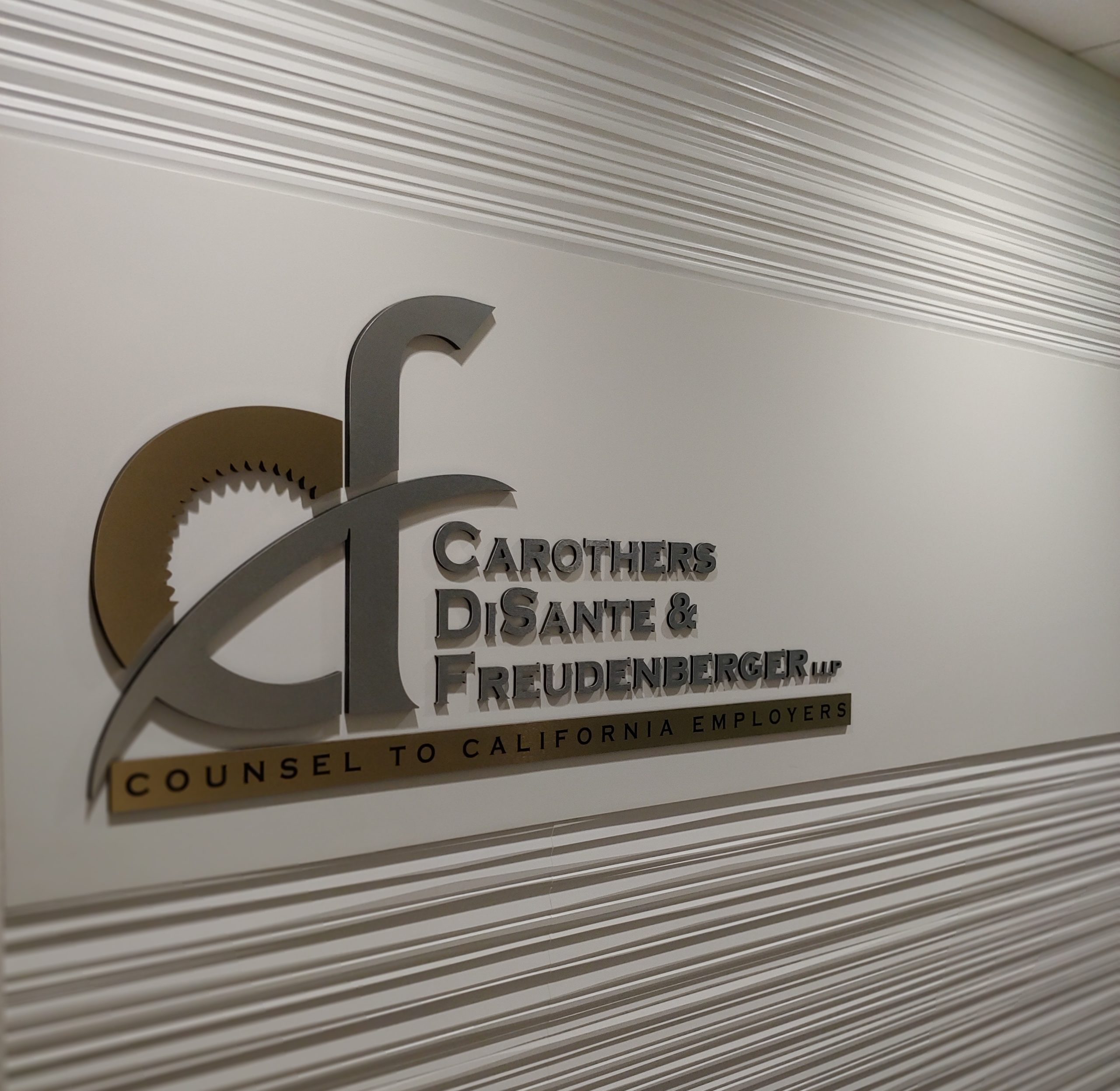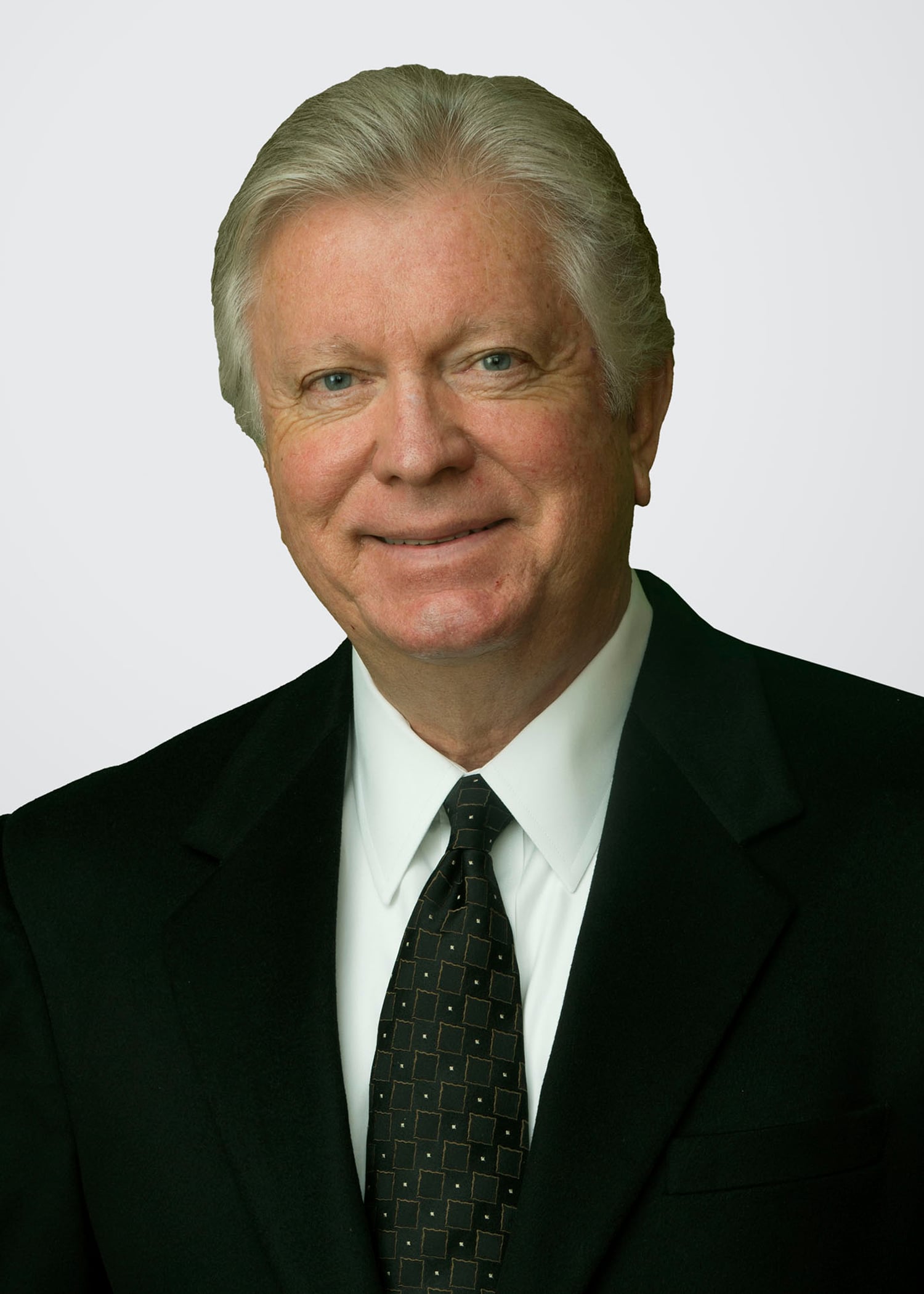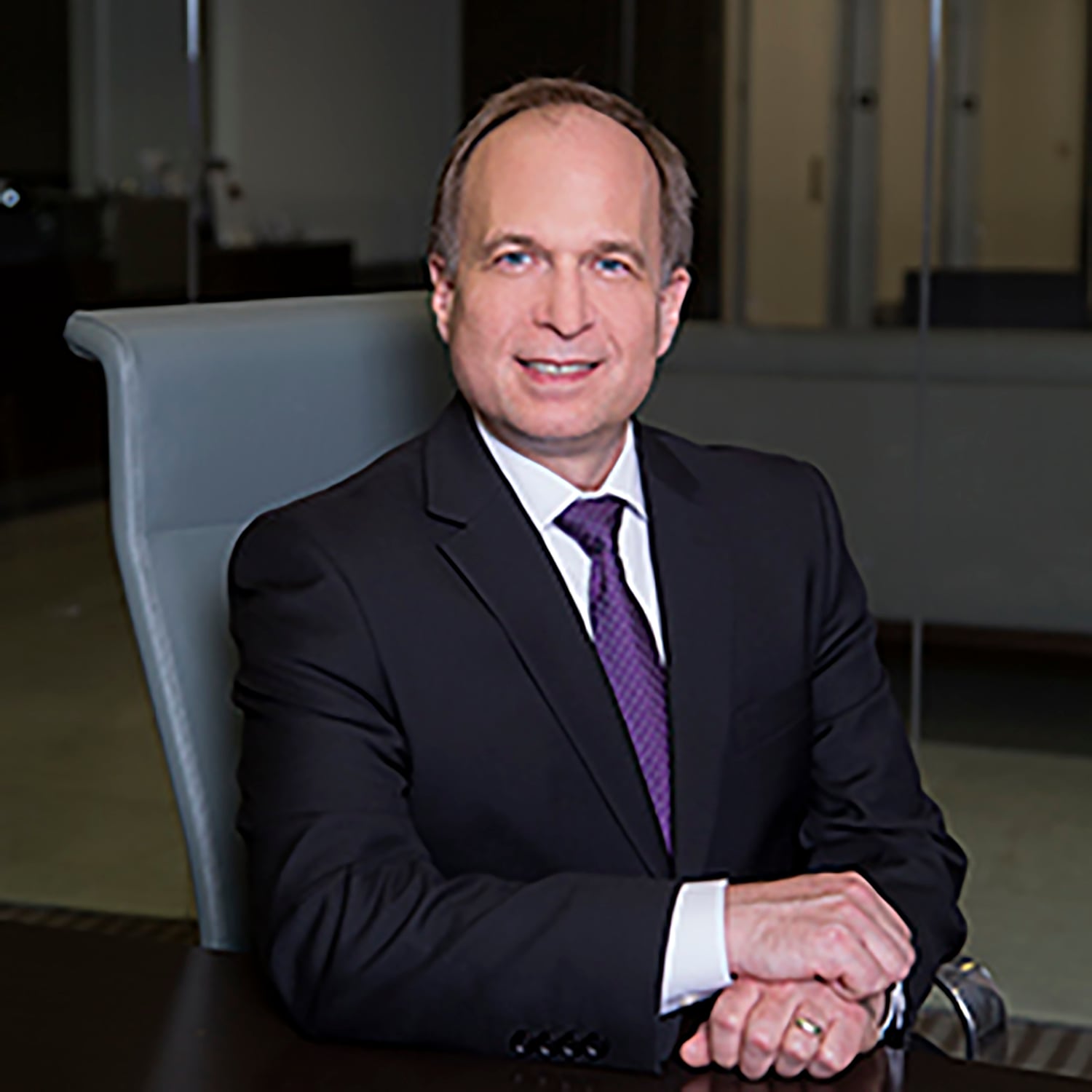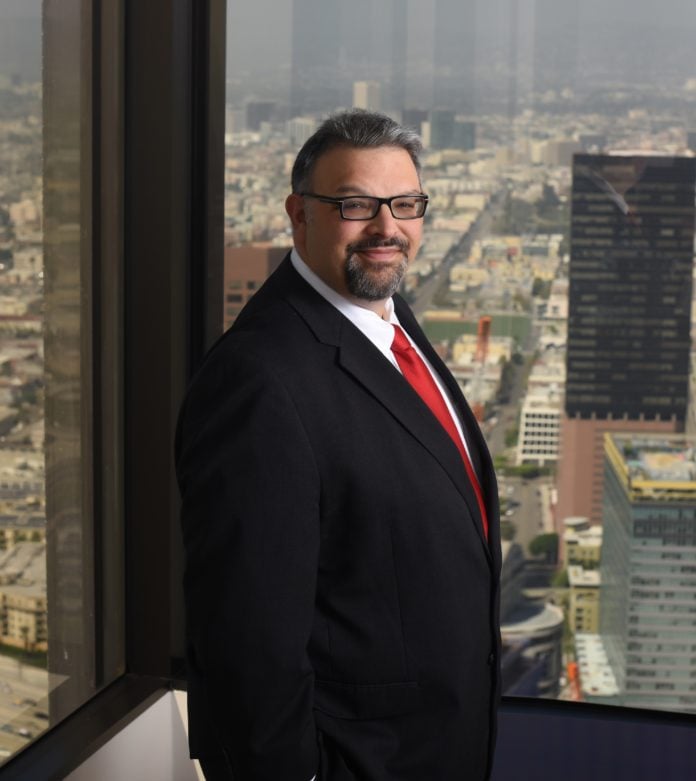Dan Forman recalls looking forward to time off from his busy schedule as managing partner of Carothers DiSante & Freudenberger, a downtown boutique law firm with a specialty in employment law.
But these days, instead of relaxing with a movie or playing poker with friends, Forman can be found working deep into the night at the Brentwood home he shares with his wife, two children who are home from college, and their dog.
Forman logs long hours updating his firm’s Covid-19 web page and blog to keep clients informed about the seemingly endless flurry of pandemic-related laws and regulations affecting their businesses.

“Six months ago, I would write an article once a week or once a month on some pressing news topic,” Forman said. “But now, there’s so much breaking news, it’s all-consuming.”
Perhaps no sector of Los Angeles legal practice has been upended more than employment law, say both practitioners and observers.

“They are swamped,” said Diane Faber, an Encino-based mediator whose cases include employment law.
A March 27 webinar by the California Lawyers Association titled “Legal Implications for Employers During and After the Pandemic” drew more than 3,000 registrants, 2,669 of whom stayed till the end.
“It was literally record-breaking for our association,” said Ona Alston Dosunmu, the organization’s chief executive and executive director.

Holland & Knight Partner Tom Hill, a nearly 40-year veteran of the employment law field, points to the extraordinary circumstances facing employers. “It’s pretty rare for essentially every employer in the country to be facing issues arising out of the same condition at the same time,” he said.
As the pandemic sends unemployment soaring in Los Angeles County — it could reach a record 32% in May, according to a forecast by the Los Angeles County Economic Development Corp. — local companies have been seeking guidance on new and complex laws prompted by the pandemic.
Signs also point to an increase in employee demand. Hill and Forman report an increase in calls from workers seeking representation, even though they only handle cases for employers.
More work, less staff
The sudden changes have altered the nature of business for employment and labor firms, from boutiques like Forman’s to local firms like O’Melveny & Myers, Manatt Phelps & Phillips and Paul Hastings.
Not only are many attorneys putting in long, unbillable hours untangling the latest government moves — all while working remotely — but their business models are morphing at the same time.
Cash flows for firms are often down due to postponed litigation, the most lucrative portions of their practices. Firms are furloughing or laying off receptionists, file clerks and office managers now that attorneys are working from home.
Lawyers are also learning to either transfer their in-person mediation skills to an online environment or to postpone that income.
“There has been a dramatic increase in work, not only for my clients who have immediate needs to do the right thing and stay out of trouble,” Forman said. “but internally, as a law firm, how to continue to run an operation.”

Jeffrey Bils, who chairs the Executive Committee of the Beverly Hills Bar Association’s Labor and Employment Law Section, said, “This national health crisis has turned the employment landscape upside down.”
The good news for attorneys is that employer demand for Covid-19 legal guidance is up.
“The advice and counsel side has spiked, gone through the roof,” said Holland & Knight’s Hill.
Attorneys are being asked to ensure client compliance with continual changes in laws and regulations during a rapidly evolving crisis. They’re also expected to maximize client benefits and to predict how new laws will be applied, even before the courts have given guidance.
The Families First Coronavirus Response Act, containing the Emergency Paid Sick Leave Act and the Emergency Family and Medical Leave Expansion Act, imposes fresh regulations and obligations on employers while giving them new options.
The Coronavirus Aid Relief and Economic Security Act, known as the CARES Act, changes the economics of layoffs, furloughs and reduced hours for employees. It has also established the Paycheck Protection Program, providing employers with forgivable loans to pay salaries, benefits, rent or mortgage interest, and utilities.
With the implementation of these acts, attorneys face new federal regulations, which can conflict and change daily.
Employers are asking, “What am I allowed to do?” said Faber, the independent employment law mediator.
Litigation revenue delayed
The pandemic has also brought a downside for employment lawyers. Their most lucrative line of business is litigation. But that has slowed as courts have postponed nonessential cases, and clients rein in costs in the face of recession and uncertainty.
“Litigation can bill for 100 hours, whereas consulting might only take one or two,” said Mark Wagner, of Wagner Legal Group, a Santa Monica-based plaintiff-side employment attorney in solo practice. “They’re getting a lot more calls … but a few hours of consulting will never add up to litigation revenue.”
Mediation income is also down. “Because the secret sauce of mediation occurs in person — in the room, staying here until we get this done,” Faber said, many of her clients have postponed planned sessions.
The new regulations may also give rise to new claims by employees in the months ahead.
“In our state, we have many workers who live month to month, picking between rent, food and running a vehicle to get to work,” Faber said. “They might continue to work as ‘essential,’ but later reconsider and say, ‘You made me come into work and exposed me but didn’t take sufficient precautions, and I got Covid and infected my 93-year-old mother who died.’ Who knows where these claims are going to go?”
Speaking for himself, Bils of the Beverly Hills Bar Association advises employment and labor law attorneys, “The long-term strategy is to keep up with what’s going on, conserve resources and prepare — because litigation is coming.”

